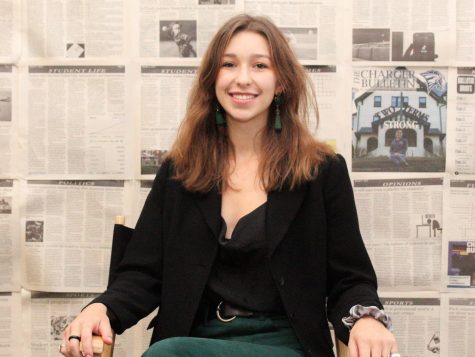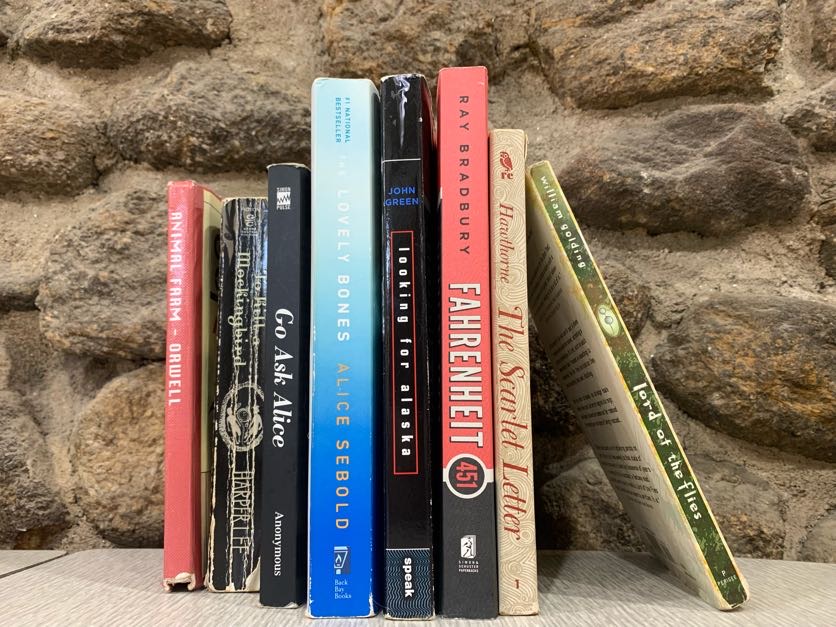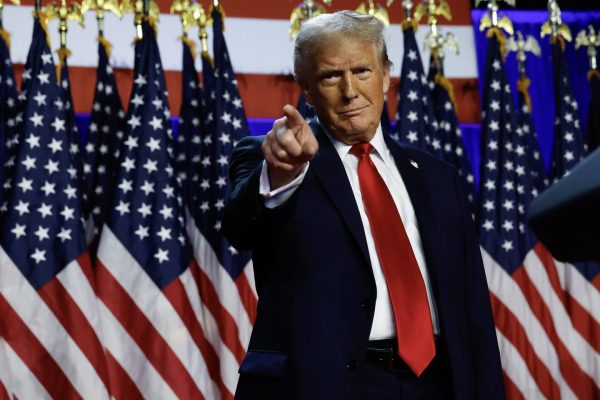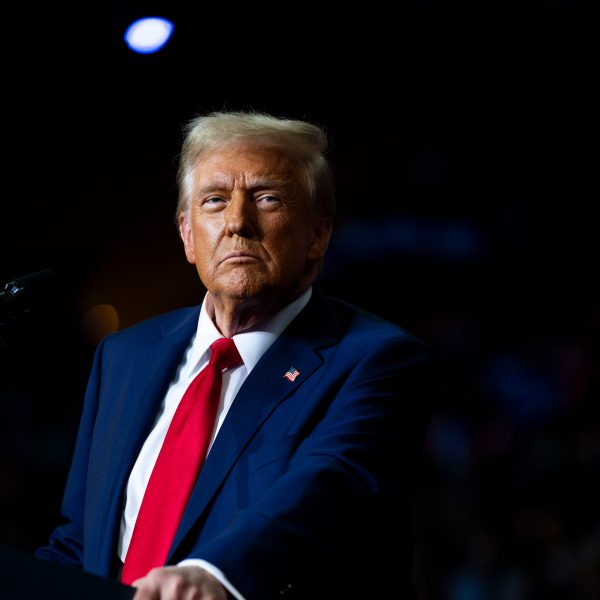First they came for the books
Photo courtesy of Isabelle Hajek
Banned books on a table.
Then they come for your freedom, because when a subjugated class loses their ability to self-educate and communicate with each other, they lose their most powerful weapon.
For “He who knows these things, and in fighting puts his knowledge into practice, will win his battles. He who knows them not, nor practices them, will surely be defeated.” as was written by Sun Tzu in his piece, “Art of War.”
So what does the U.S.’s recent trends of banned books reflect? A declaration of war against people of color, the LGBTQ+ community, other religions, against all othered identities that if raised to equal social positions in the U.S., the ruling white, rich and powerful class stands to lose their influence in partiality.
According to the American Library Association, in 2019 the top reason for a book to be banned was for LGBTQ+ content with eight of the top 10 books being banned for such content. Other popular reasons are more specific, citing “gender dysphoria” and “transgender characters” as specific sects of the LGBTQ+ community that are considered too dangerous for children to read.
But the reasons are not always so overt; sometimes “political viewpoint” or “racist content” is cited to pull titles such as “Race and Policing in Modern America,” “What is white privilege” and––ironically––“Race and the Media in Modern Society,” employing the fictitious concept of reverse racism to justify reducing the literacy of social justice topics.
There is merit in discussing the developmentally age-appropriateness of the literature that school-aged children have access to; however, that is not what the majority of these reviewed books are being banned for. Whether it is a kindergarten child being taught that it’s natural to want to hold another little girl’s hand or it’s a senior in high school deconstructing race relations in the U.S. with Ibram X. Kendi’s help, these books make complex topics digestible for all ages, and that is scary for people in power.
Banned books in schools hold the most political traction and media salience, but the education system is not the only institution that faces this censorship. Prisons ban books too.
Despite research demonstrating that an education increases the levels of rehabilitation––decreasing recidivism––various books have been banned from prison system libraries, many of which tackle race relations especially where they concern the justice system.
For instance, in the Texas prison system, the book “Autobiography of a Recovering Skinhead” is banned for racial content while it details a neonazi’s journey to defection and “recovery” in realizing white supremacy is wrong.
Tellingly, “Mein Kampf,” by Adolf Hitler, is not on that banned book list.
In the words of Malcom X, “People don’t realize how a man’s whole life can be changed by one book.” Therefore a library can change a society––but not when crippled by censored shelves and pruned content.

Isabelle Hajek is a senior at the University of New Haven majoring in psychology with a concentration in forensics and a double minor in criminal justice...





